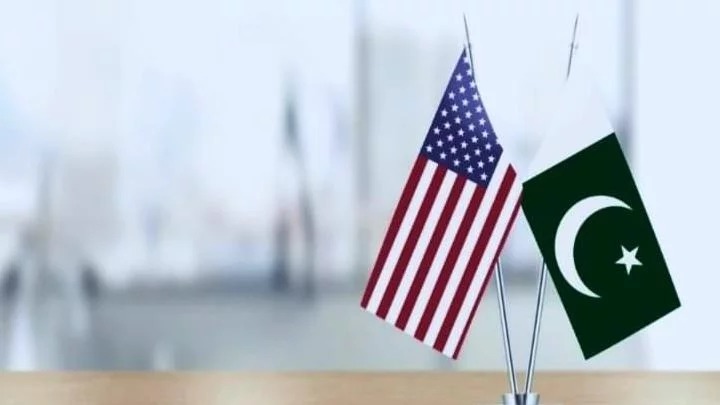In a reaffirmation of its commitment to uphold the principles of democracy and non-interference, the United States, through its State Department, has categorically stated that it will not meddle in the upcoming elections in Pakistan. This declaration comes in response to queries about a recent meeting between U.S. Ambassador Donald Blome and Chief Election Commissioner Sikander Sultan Raja in Islamabad. The department’s spokesperson, Matthew Miller, asserted that the United States neither supports any political party nor endorses a specific candidate in Pakistan’s electoral landscape. In this report, we delve into the details of this crucial statement and its implications on the upcoming elections.
A Diplomatic Encounter
The meeting between U.S. Ambassador Donald Blome and Chief Election Commissioner Sikander Sultan Raja has raised eyebrows and led to questions about the United States’ intentions in relation to the Pakistani elections. Critics and political observers speculated whether the meeting indicated a hidden agenda. However, the State Department’s spokesperson, Matthew Miller, offered a clear response, emphasizing the United States’ commitment to non-interference.
Neutrality in Action
Miller’s statement underscores that the United States aims to respect the sovereignty of Pakistan’s democratic process. The assertion that the U.S. government does not endorse any political party or candidate signifies a shift towards a more hands-off approach compared to previous elections. This neutrality is not only a testament to the principles of democracy but also a reflection of the evolving dynamics in U.S.-Pakistan relations.
Advocating for Fair Elections
While reiterating its commitment to neutrality, the United States also expressed its unwavering support for free and fair elections in Pakistan. This stance aligns with the broader global objective of promoting democratic values and ensuring transparent electoral processes. The State Department’s statement sends a powerful message about the importance of upholding democratic principles worldwide.
In his response to the journalist’s question regarding Ambassador Blome’s meeting with the Chief Election Commissioner, Matthew Miller reiterated the United States’ position. “The United States does not take any position with respect to the outcome of an election in Pakistan,” he emphasized. This straightforward declaration leaves no room for ambiguity, emphasizing the United States’ commitment to non-interference in Pakistan’s internal affairs.
Matthew Miller also pointed out that the United States encourages free and fair elections in Pakistan, just as it does around the world. This affirmation of support for democratic processes reinforces the idea that the United States stands as a champion of democracy globally. It emphasizes the importance of ensuring that the voice of the people is heard and respected in every electoral exercise.
The meeting between Ambassador Blome and Chief Election Commissioner Raja is framed as a diplomatic encounter rather than an attempt to influence the elections. The message is clear: the United States will continue to advocate for free and fair elections while respecting the sovereignty of other nations. As Pakistan prepares for its upcoming elections, this reaffirmation of neutrality holds significant implications for the country’s political landscape and the broader global perspective on democracy.
















